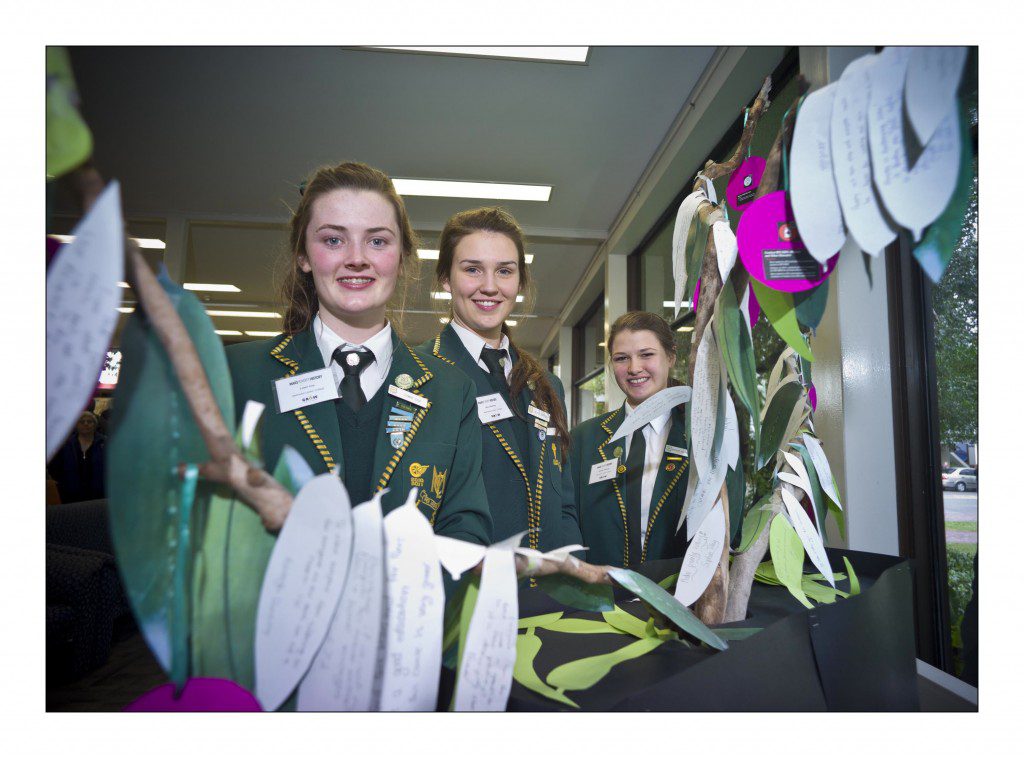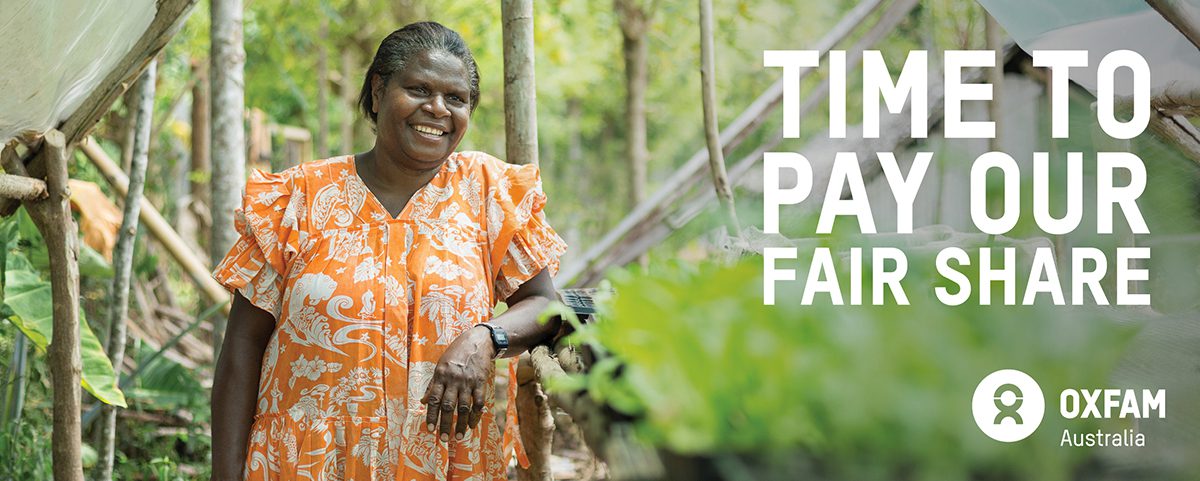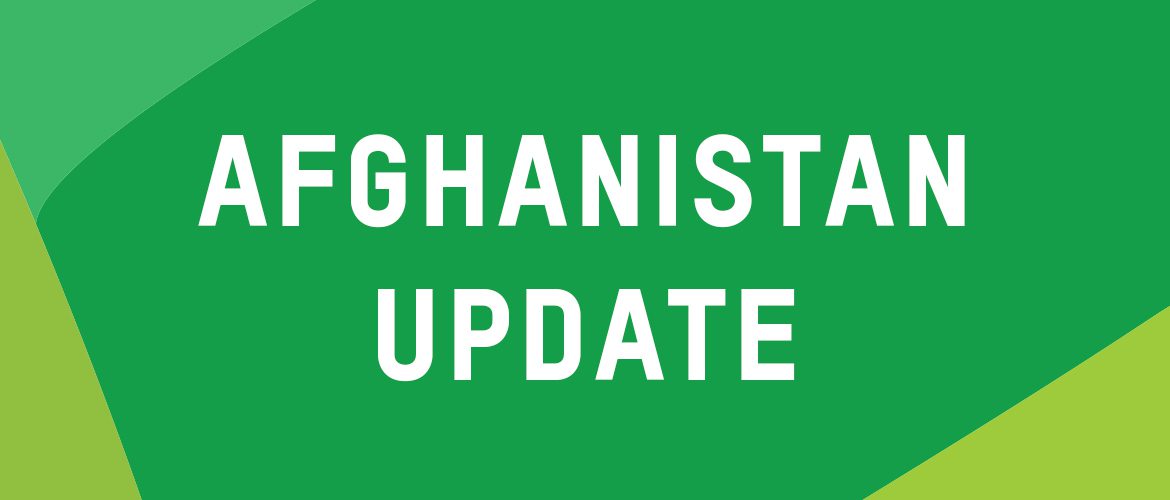On June 14th, I had the privilege to meet Roseline Presence and Getruida Baartman from the ‘Women on Farms Project’ in South Africa. The women spoke to 300 students from Methodist Ladies College at a high-school assembly to share how aid made a difference in their lives.
The women described what it was like to grow up in extreme poverty. As the narrative unfolded, joyful tears began to fall around the room as the women shared how they overcame immense hardship and created a better future for their families. Roseline and Getruida were empowered to be leaders in their community and are wonderful examples of how people can lift themselves out of poverty when aid is targeted towards investing in women and assisting small-scale farmers develop their agricultural productivity.
I was moved by Roseline and Getruida’s story, but I wasn’t expecting to be inspired by the students at Methodist Ladies College. I was impressed by the heartfelt reaction from the students as they expressed immense gratitude for the talk and there was a genuine sense of compassion and desire for justice in the room. We invited students to write why they wanted to see an end to extreme poverty on paper leaves for a display called the ‘Make Poverty History Wishing Tree’. Cassandra was one of the many students who believed every person should have access to their rights.
“Everyone deserves a reason to smile, to feel safe in themselves and to have the power of choice. These things we all deserve but for some of us are sadly lacking” – Cassandra, Methodist Ladies College
In the midst of being impressed by the number of students who participated in the action, I couldn’t help but feel these students had so much more to offer. I began to consider the potential of high-school students as leaders in the Make Poverty History movement. Would students be interested in raising awareness of our opportunity as consumers to abandon products that exploit vulnerable people and support products that are produced ethically? What would happen if students around Australia were made aware of the power of their collective voices and came together at key decision-making moments? What attitudes would change if we educated young people around Australia on global issues such as aid, trade and debt? Is it possible we could lead young people to go beyond an online consumerist-style engagement to poverty and use technology as a means to primarily enhance ‘offline’ activism built on close friendships and community?
Recent attempts to educate and engage high-school students such as Global Poverty Project’s ‘1.4 Billion Reasons’ presentation and Australian Youth Climate Coalition’s ‘Start the Switch’ program have convinced me that young people are filled with creativity, imagination and energy – and have something significant to contribute to the poverty-eradication movement. I’ve seen this tech-savvy generation excel when they are invited in to a compelling story, and when they know we believe in their ability. I believe our schools are filled with young people who want to take on meaningful responsibility and be part of something that transcends them.
I invite you to join me and imagine how we as individuals and organisations can creatively empower high school students to reach their potential as leaders in the Make Poverty History movement.
Please share your thoughts!
Written by Jody Lightfoot
Volunteer for World Vision Australia
First published on Make Poverty History




